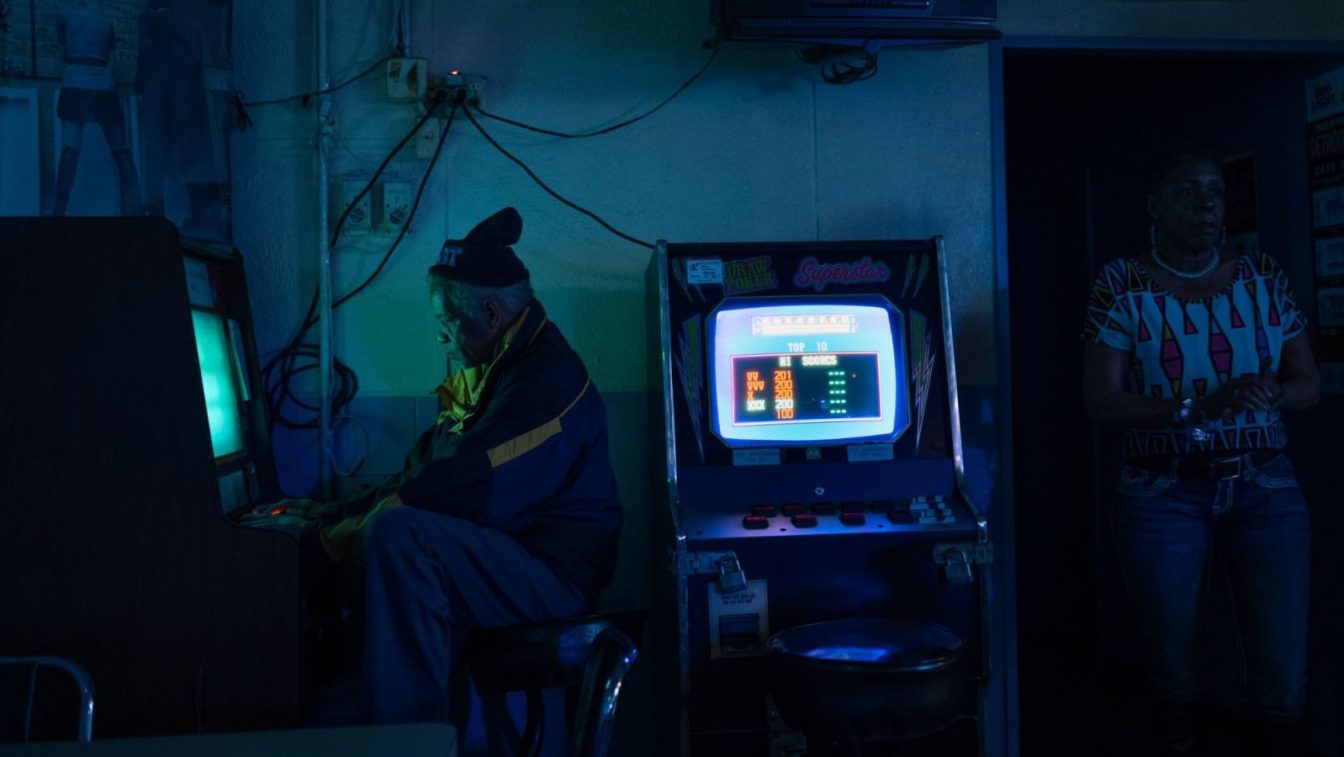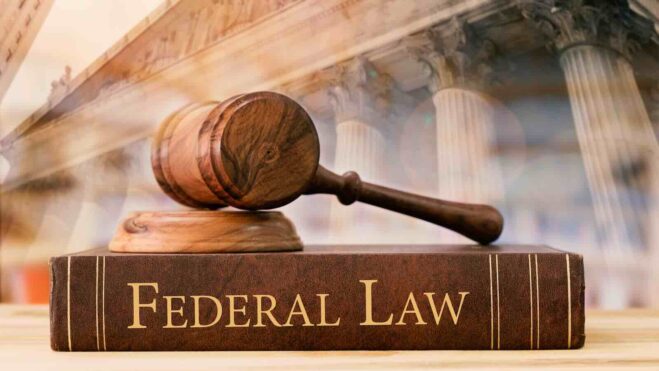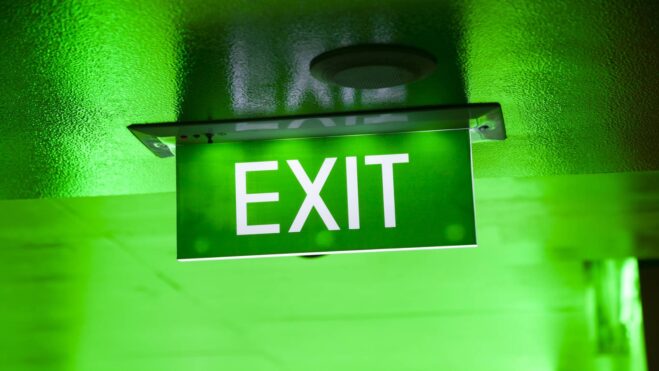Skill Games Make It To Pennsylvania’s Supreme Court
The industry has been controversial for years; casinos say it’s unfair for it to remain unregulated
3 min

So-called “skill games” have been a source of debate in Pennsylvania for years, centering around one particular question: Are they gambling?
Whether one believes skill games qualify as gambling machines or not, in part because there are no safety regulations for them, the games can pose risks to players.
The issue of the legality of the slot-like machines under Pennsylvania’s gaming laws reached the state’s Supreme Court last Thursday, when justices heard arguments from both sides. The case was brought to the court as a result of appeals by the state attorney general’s office and the Department of Revenue.
Skill games, widely found in gas stations and corner stores, are presently not classified as gambling due to a second stage of the game where players can win back lost money.
Arguing that skill games should be legally considered separate from gambling, attorney Matthew Haverstick, representing games manufacturer Pace-O-Matic, said in court that the second stage of the game allows players to win back 105% of the player’s stake with the chance to win every time.
The attorney general’s office countered that the second stage doesn’t mean the games should not be considered gambling. “It is not enough for that component of the game to be considered predominant,” Susan Affronti of the attorney general’s office said.
The controversy around the skill games comes from the absence of regulation. They do not have to comply with state gaming regulations, including following certain safety policies and paying gaming taxes.
Licensed casinos, which are held to certain standards under the Pennsylvania Gaming Control Board and pay a 54% tax on slot machine revenue, maintain that skill games should follow the same standards for regulations and taxes.
“The gaming industry has delivered billions and billions of tax revenues, and you can’t just allow people to come in and plug in a bunch of machines, flaunt the rules, pay no taxes, and claim no responsibility for any of the problems associated with their machines, including crimes from one end of the state to the other,” Pete Shelly, a registered lobbyist for Parx Casino, told Casino Reports.
Unregulated can lead to crime
Coincidentally, in a separate case involving skill games earlier this month, a jury in Philadelphia held Pace-O-Matic liable in the murder of a store clerk. Ashokkumar Patel was fatally shot in 2020 by Jafet De Jesus Rodriguez, who had lost thousands of dollars on an unregulated skill games machine at Craig’s Food Mart in Hazelton and was returning to rob the store of about $14,000.
Rodriguez was sentenced to life without parole, and the jury found Pace-O-Matic liable for not having proper safety regulations, such as ticket redemption machines that eliminate the need for store clerks to handle the money.
During the trial, other issues around the absence of regulations were brought up, such as stores refusing to pay customers their winnings.
“Often and still the stores would come up with ways to not pay someone who [won] a game,” Pace-O-Matic’s compliance officer, Brian Langan, said in court. “And that’s, of course, unacceptable. There would be, ‘Yes, I won $500. Please pay me.’ [Then] ‘Sorry. We don’t have the money here. The manager is not here, you’ll have to wait until tomorrow or maybe Wednesday when the operator brings more money.’”
Shelly contrasted the “wild west” of skill games with the ordered world of casinos, saying, “You cannot go around and find $14,000 [at a casino] sitting in a cigar box. It just doesn’t work that way. It’s night and day.”
Casinos have security measures, including ID checks and cameras, to ensure that all winnings are handled safely, Shelly explained. “It’s one of the safest places to be.”
Pace-O-Matic responded to the verdict with a statement saying it held no responsibility and would appeal the decision.
Past decisions
The Commonwealth Court of Pennsylvania ruled on whether the machines are considered gambling when it decided in 2023 that skill games operated by Banilla Games, a competitor of Pace-O-Matic, were not gambling. The Pennsylvania Supreme Court declined to hear the case in 2024, so the games remain legal.
Pace-O-Matic’s Langan referenced the legal dispute in court on Thursday, saying, “So the loophole that has been talked about in this court case, it’s not a loophole. It’s the law. And [founder Michael Pace] was smart enough to design a machine to be in accordance with the law.”
Skill games machines can be found in numerous states across the country. There are around 70,000 in Pennsylvania, and the American Gaming Association estimates that the state’s regulated slots keep 7.7 cents per dollar on average while unregulated machines keep 25 cents on average.
The state tried to tax skill games in this year’s budget, but lawmakers couldn’t agree. State Sen. Gene Yaw said the skill games industry benefited workers and brought jobs to the community. In 2024, Pace-O-Matic said about 80% of its revenue goes toward the small businesses that host its games.
There are about 25,000 regulated slot machines in casinos in Pennsylvania, which generated about $1.2 billion in state gaming taxes over the past year.
“[Skill games] have no provisions to prevent or mitigate underage gaming or problem gambling. They pay no gaming taxes,” Shelly said. “It just is inherently unfair. It’s just not gonna work.”





